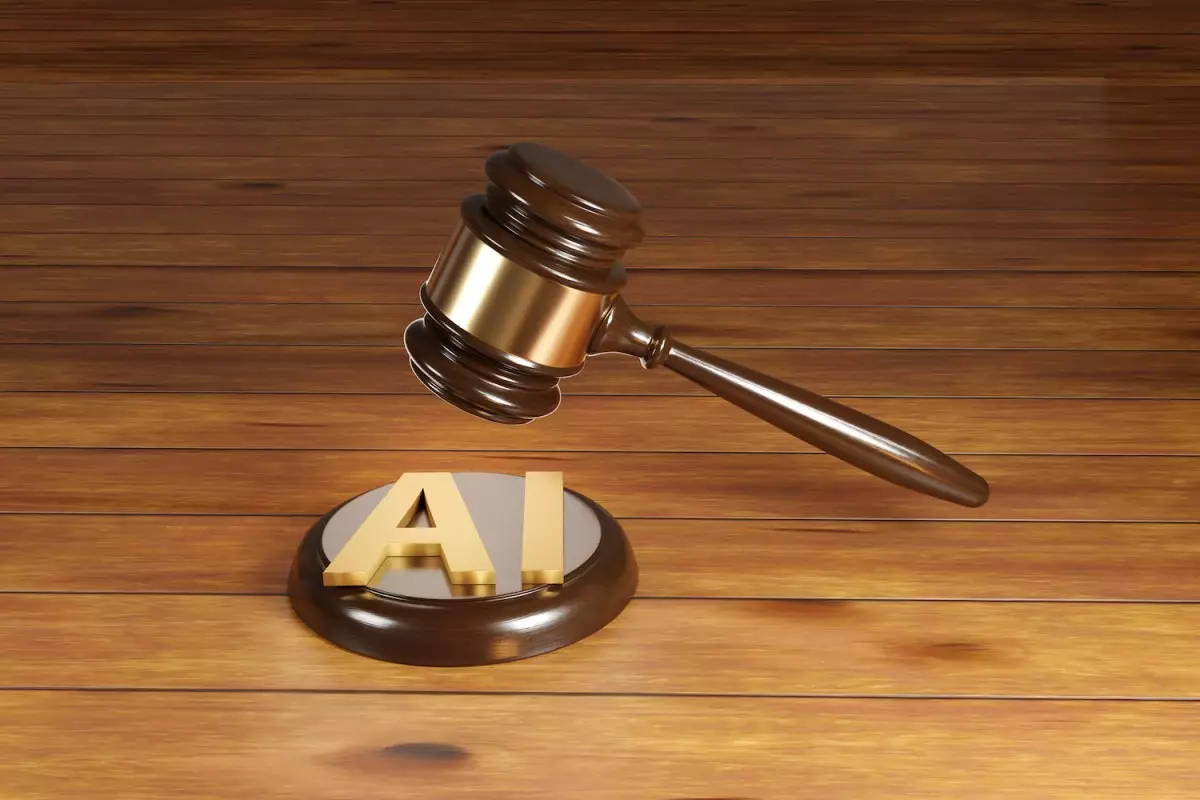In an era where technology reshapes industries, Supio emerges as a noteworthy contender in the legal technology arena. Recently, the Seattle-based startup secured $60 million in a funding round led by Sapphire Ventures, bringing its total investment to a staggering $91 million. This financial backing signals investor confidence in Supio’s vision: an AI-driven approach to automate time-consuming data collection and analysis for legal teams. Co-founder and CEO Jerry Zhou articulates an ambitious plan to scale operations significantly. His intent to double the workforce—currently at 100 and expanding—and open a new office reflects a strategic growth mindset, aiming to enhance Supio’s market presence in a space teeming with competition.
The legal industry is often criticized for its reluctance to embrace change, entrenched in processes that may seem antiquated. Yet, the tidal wave of AI technology is forcing law firms to reevaluate their methodologies, and Supio has positioned itself as a catalyst for this transformation. Zhou’s observation that an astonishing 30% of legal professionals plan to implement AI technologies in their practice is telling—a significant increase from just 11% the previous year. This shift indicates not only growing acceptance but also an urgent recognition among firms that adaptation in the face of advancing technology is no longer optional.
The Genesis of an Innovative Solution
Supio’s inception is rooted in a collective desire to revolutionize document handling within the legal sphere. The founders, Zhou and his childhood friend, were once employees at Avalara, where they recognized the burdensome effort attorneys invest in manually sifting through vast, unstructured data. The vision behind Supio isn’t merely about automation; it’s about redefining how legal teams engage with information. As Zhou aptly noted, traditional methods force legal minds to dedicate countless hours to reviewing everything from medical records to police reports. Supio’s platform emerges as a solution, promising to streamline these arduous tasks while enhancing insight into the complexities of legal documents.
What sets Supio apart is not just its AI capabilities but its dedication to accuracy through “human verification.” In a field where errors can have profound repercussions, Zhou emphasizes a dual-layer approach that prioritizes both specialized AI models and stringent quality control. This commitment ensures that as more law firms harness Supio’s technology, they can do so with a safety net that mitigates the risks commonly associated with AI solutions.
Riding the Wave of Legal Disruption
The momentum behind Supio is emblematic of a broader shift within the legal profession, moving toward a new paradigm where technology and human expertise coexist. The company’s expanding client base, including respected firms like Huges & Coleman and Thomas Law Offices, underpins its credibility and appeal. This expansion translates into tangible results; Zhou reports that Supio’s annual recurring revenue has quadrupled, a testament to its increasing value to law firms seeking efficiency and innovation.
Moreover, the recent appointment of leaders in sales, customer success, and marketing signifies a proactive approach to harnessing this growth. It’s not merely about acquiring clients; it’s about fostering relationships built on trust and results, positioning Supio as an essential partner for law firms as they transition into the AI era.
Challenges Ahead in the AI Legal Landscape
Despite the evident enthusiasm surrounding AI’s infiltration of legal practices, skepticism remains. Critics question whether AI can truly replicate the nuanced understanding that human lawyers bring to cases. There is a palpable concern regarding the potential pitfalls of over-relying on AI, as it may inadvertently introduce errors or oversights into legal processes. Yet, this skepticism underscores the importance of quality assurance, which Supio aims to address.
As the landscape evolves, law firms must recognize the inflection point that AI represents. Zhou’s insight that “every firm across every sub-vertical of law is thinking about how they need to reinvent themselves” highlights a critical urgency for adaptation. The challenge lies in balancing innovative technologies with the irreplaceable qualities of human judgment, empathy, and ethical responsibility that are fundamental in legal practice.
The urgency for firms to harness technological advancements cannot be overstated. As the legal world watches Supio’s trajectory, it shines a light on a compelling narrative—one of innovation, adaptation, and the continued interplay between technology and the age-old discipline of law.

